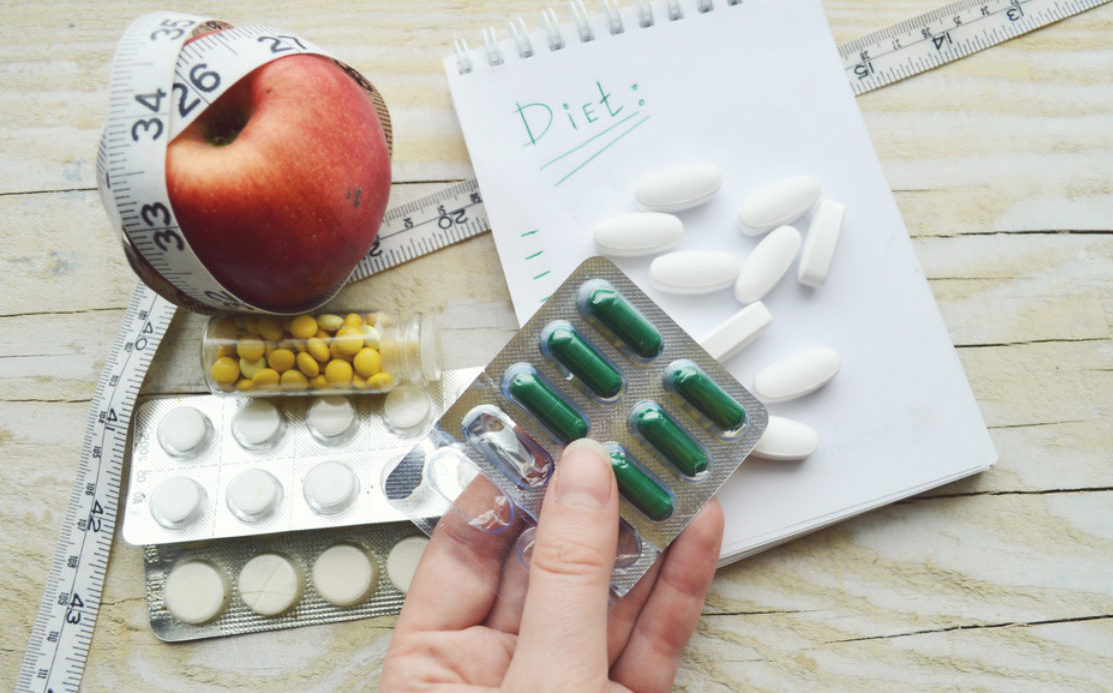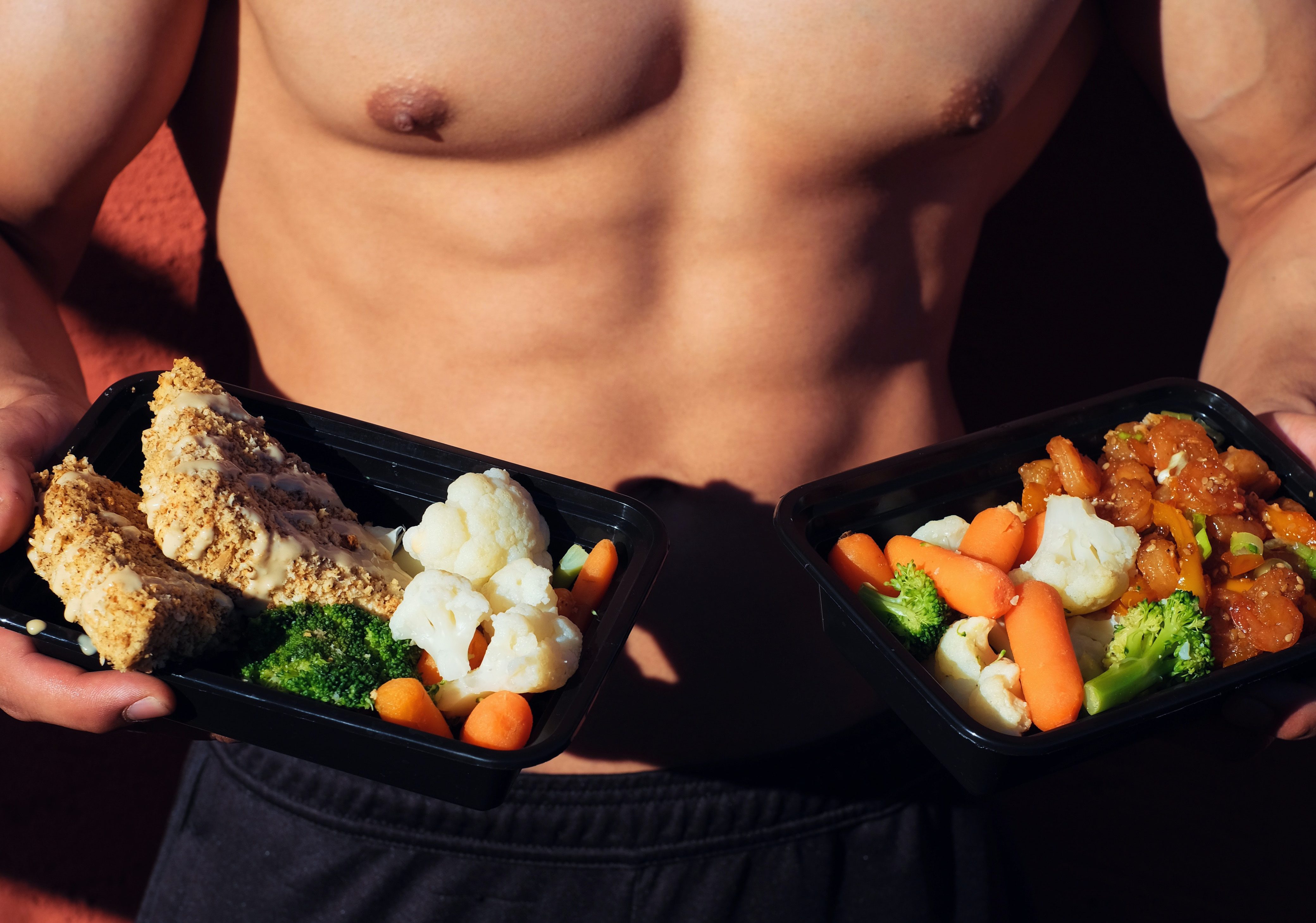In our eat-and-run, massive-portion-sized culture, maintaining a healthy weight can be tough—and losing weight, even tougher. If you’ve tried to lose weight before and failed, you may believe that diets don’t work for you. You’re probably right: most diets don’t work—at least not in the long run. However, there are plenty of small but powerful ways to avoid common dieting pitfalls, achieve lasting weight loss success, and develop a healthier relationship with food. All you need to do is tweak your lifestyle. We will tell you how:
TO BEGIN WITH
While there is no “one size fits all” solution to permanent healthy weight loss, the following guidelines are a great place to start:

- Think lifestyle change, not a short-term diet.
Permanent weight loss is not something that a “quick-fix” diet can achieve. Instead, think about weight loss as a permanent lifestyle change— replace high-calorie foods with healthier, lower-calorie alternatives, reduce your portion sizes, and become more active. Various popular diets can help jumpstart your weight loss, but permanent changes in your lifestyle and food choices are what will work in the long run. - Slow and steady wins the race.
Aim to lose one to two pounds a week to ensure healthy weight loss. Losing weight too fast can take a toll on your mind and body, making you feel sluggish and sick. - Set goals that drive you.
Short-term goals, like wanting to fit into a bikini for the summer, usually don’t work as well as wanting to feel more confident or trying to become healthier for your children’s sake. When frustration and temptation strike, concentrate on the many benefits you will reap from being healthier and leaner. - Use tools to track your progress.
Keep a food journal and weigh yourself regularly, keeping track of each pound and inch you lose. By keeping track of your weight loss efforts, you’ll see the results in black and white, which will help you stay motivated.
AVOID COMMON PITFALLS
It’s always tempting to look for short cuts but fad diets and unhealthy pills only set you up for failure because:
- You feel deprived.
Diets that cut out entire groups of food, such as carbs or fat, are simply impractical and extremely unhealthy. The key is moderation. - After your diet, you seem to put on weight more quickly.
When you drastically restrict your food intake, your metabolism will temporarily slow down. Once you start eating normally, you’ll gain weight until your metabolism bounces back. - You break your diet and feel too discouraged to try again.
When diets make you feel deprived, it’s easy to fall off the wagon. Healthy eating is about the big picture. An occasional splurge won’t kill your efforts.
PUT A STOP TO EMOTIONAL EATING
We don’t always eat simply to satisfy hunger. If we did, no one would be overweight. All too often, we turn to food for comfort and stress relief. When this happens, we frequently pack on pounds.Recognising your emotional eating triggers can make all the difference in your weight-loss efforts:

- If you eat when you’re stressed,
Find healthier ways to calm yourself. Try exercise, yoga, meditation, or soaking in a hot bath. - If you eat when you’re feeling low on energy,
Find other alternatives to lift your spirits. Try walking around the block, listening to energising music, or taking a short nap. - If you eat when you’re lonely or bored,
Reach out to others instead of reaching for the refrigerator.
PRACTICE ‘MINDFUL’ EATING
We live in a fast-paced world where eating has become mindless. We eat on the run, at our desk while we’re working, and in front of the TV screen. The result is that we consume much more than we need, often without realizing it. Here’s how you can counter this tendency:
- Pay attention while you’re eating.
Instead of stuffing your face, savour the experience. Eat slowly, taking in the smells and textures of your food. - Avoid distractions.
Try not to eat while working, watching TV, or driving. - Try mixing things up.
In order to force yourself to focus on the experience of eating, try using chopsticks rather than a fork, or use your utensils with your non-dominant hand. - Stop eating before you are full.
It takes time for the signal to reach your brain that you’ve had enough. Avoid the temptation to clean your plate or don’t fill your plate up in the first place.
FILL YOUR STOMACH WITH FRUITS, VEGGIES AND FIBER
To lose weight, you have to eat fewer calories. But that doesn’t necessarily mean you have to eat less food. You can eat your heart out while on a diet, as long as you choose your foods wisely. High fibre foods are higher in volume and take longer to digest, which makes them filling. High fibre heavyweights include:
- Fruits and vegetables
Enjoy whole fruits across the rainbow (strawberries, apples, oranges, berries, nectarines, plums), leafy salads, and green veggies of all kinds. - Beans
Select beans of any kind (black beans, lentils, split peas, pinto beans, chickpeas). Add them to soups, salads, and entrees, or enjoy them as a hearty dish on their own. - Whole grains
Try high fiber cereal, oatmeal, brown rice, whole-wheat pasta, whole-wheat or multigrain bread, and air-popped popcorn.
HAVE A HEALTHIER DAILY ROUTINE
You can support your dieting efforts by making healthy lifestyle choices:

- Get plenty of exercise.
Exercise is a dieter’s best friend. It not only burns calories, but can also improve your resting metabolism. No time for a long workout? Research shows that three 10-minute spurts of exercise per day are just as good as one 30-minute workout. - Turn off the TV.
You actually burn less calories watching television than you do sleeping. If you simply can’t miss your favoruite shows, get a little workout in while watching. Do easy exercises like squats, sit-ups, jogging in place, or using resistance bands or hand weights. - Drink more water.
Reduce your daily calorie intake by replacing soda, alcohol, or coffee with water. Thirst can also be confused with hunger, so by drinking water, you may avoid consuming extra calories.








